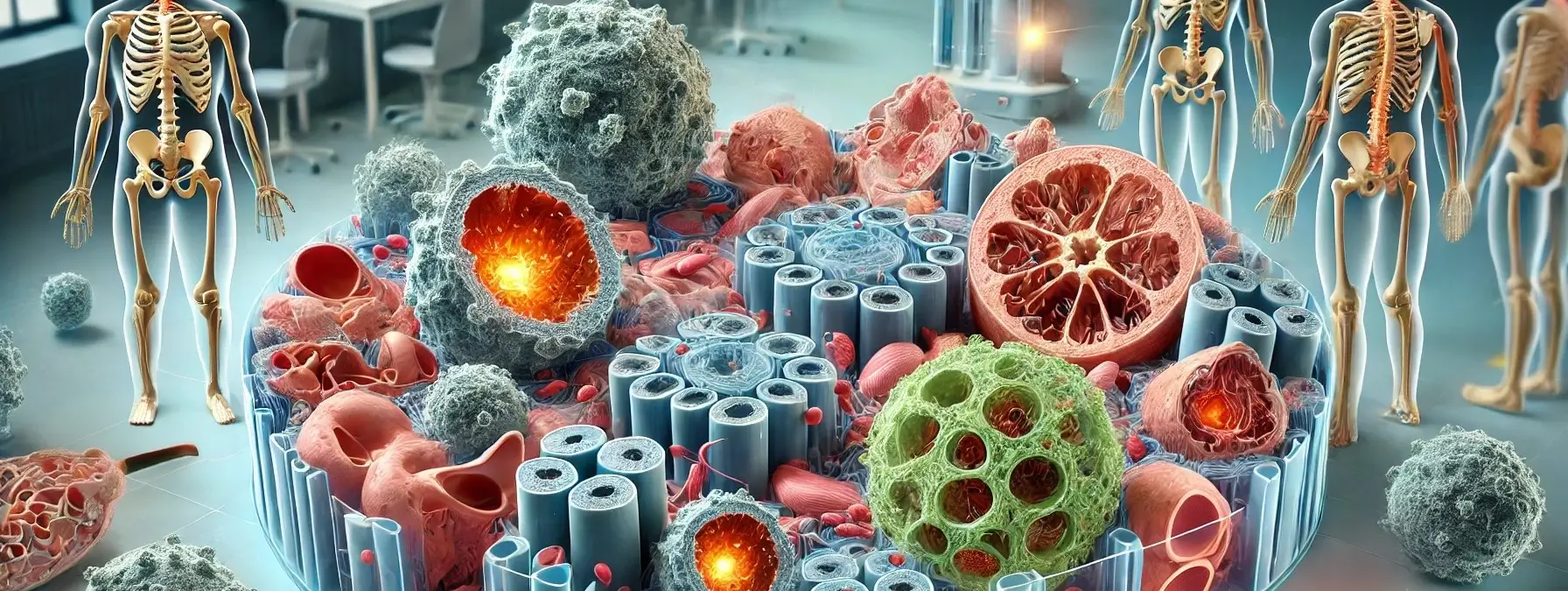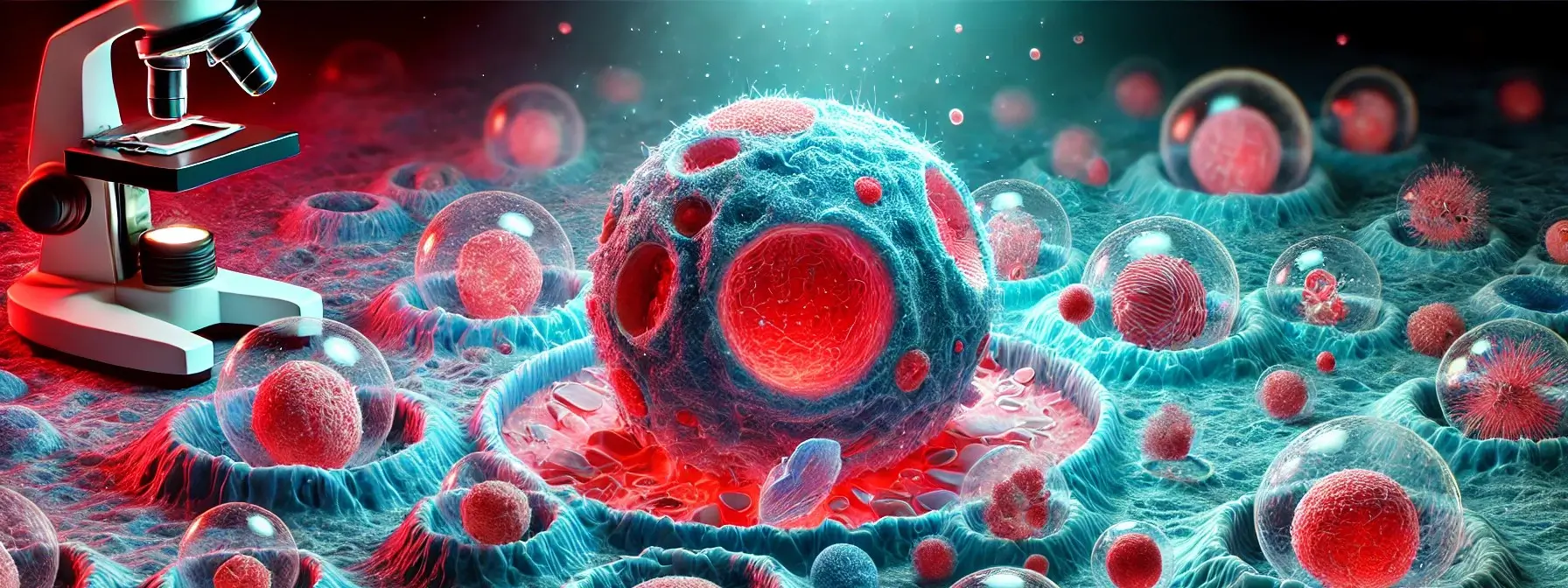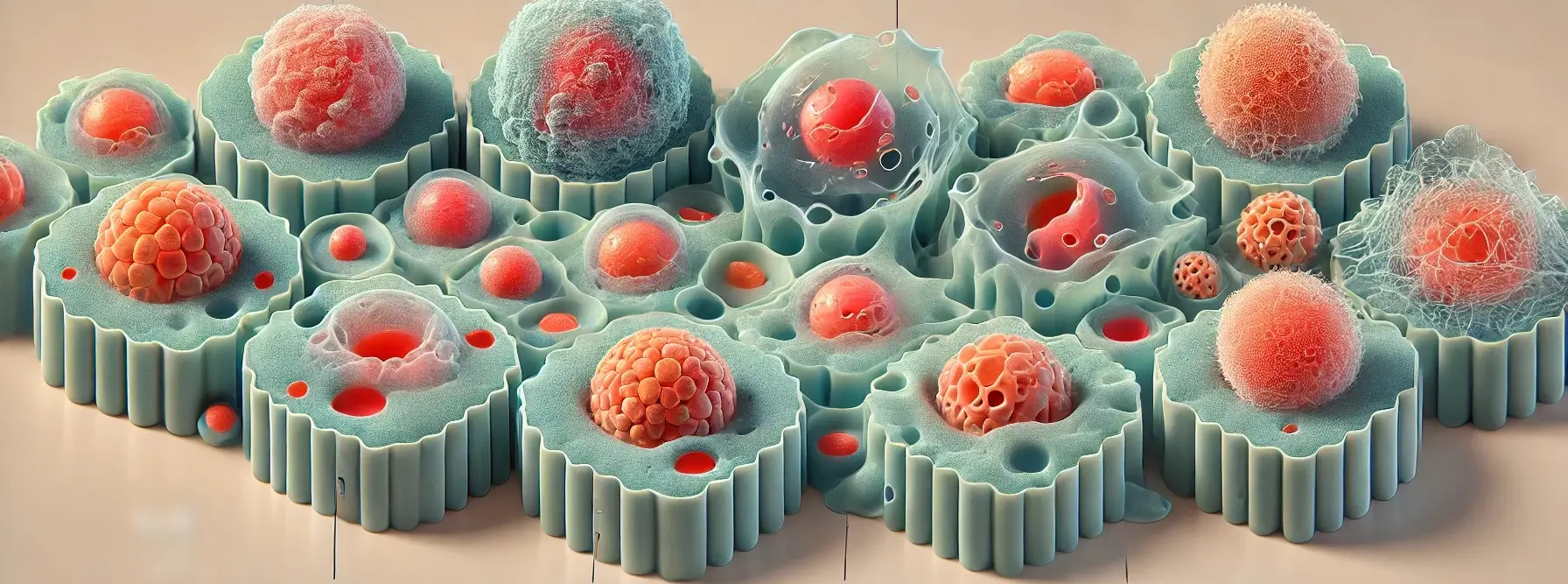Pathogenesis of Cellular Damage
Cellular damage occurs when various factors disrupt the normal functioning of cellular components, such as cell membranes, mitochondria, ribosomes, and nuclei. Understanding the pathogenesis of this damage is crucial to comprehending how cells respond to stressors and how injury can lead to cell dysfunction or death. Cell Membrane Damage Cellular damage cell membrane is a … Read more



